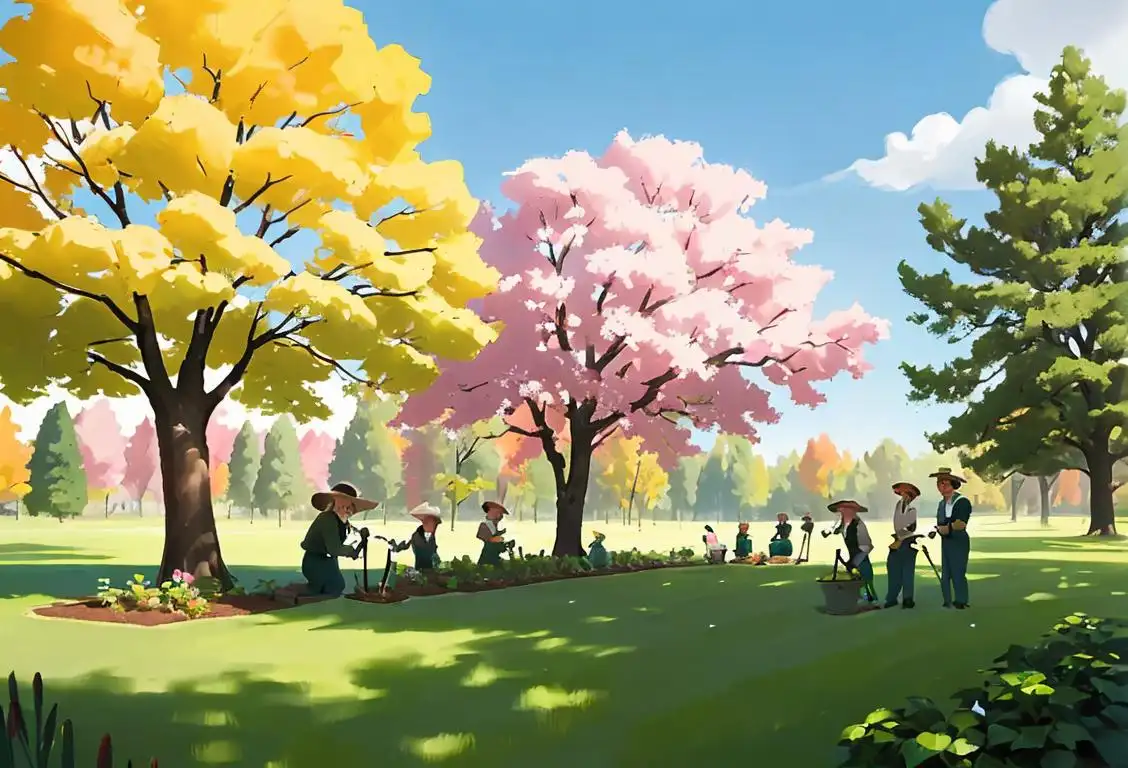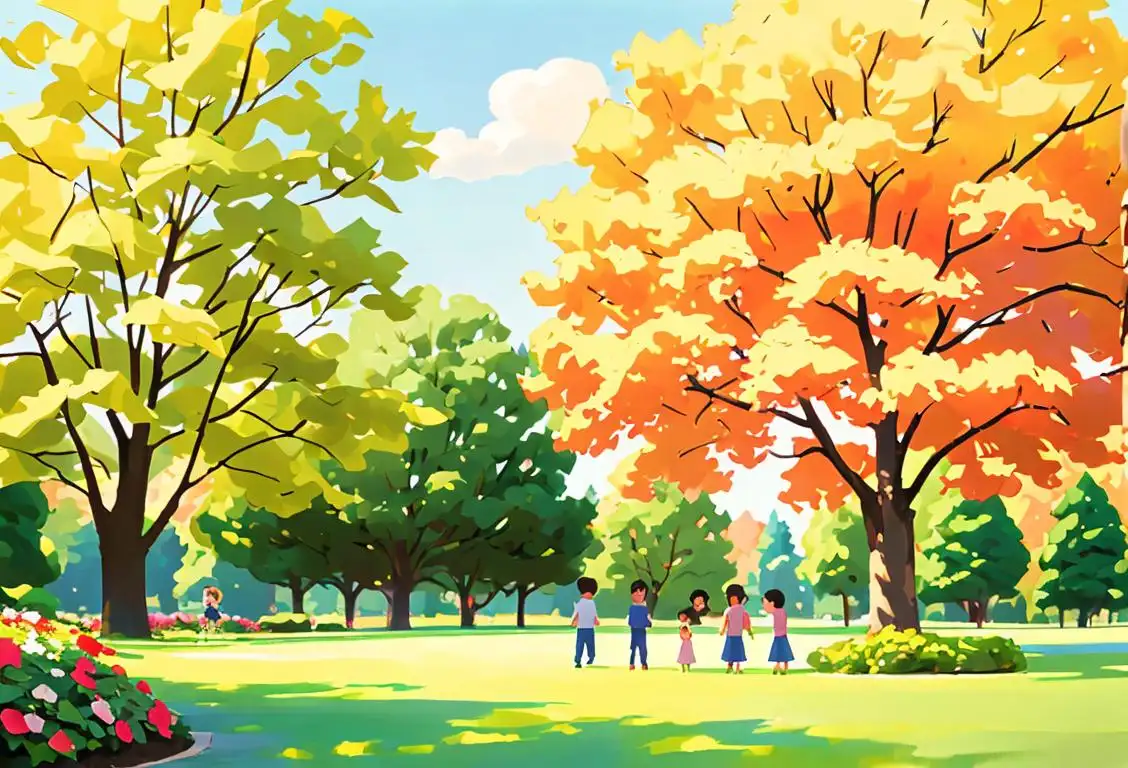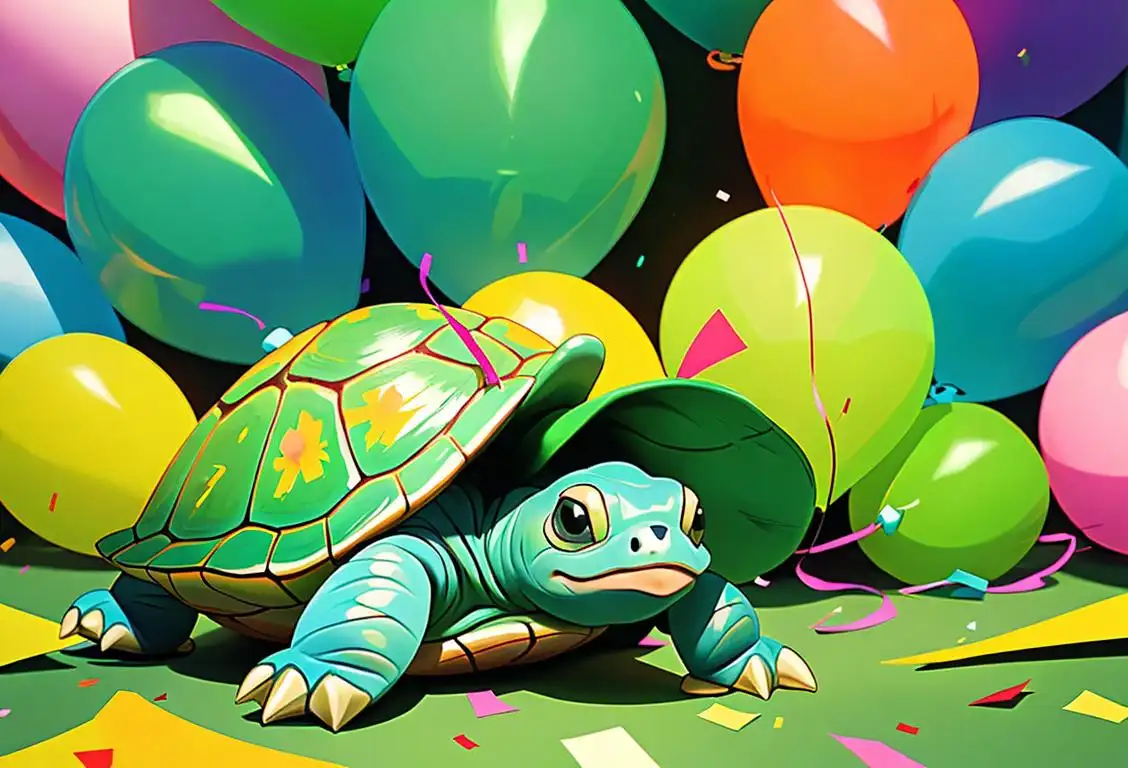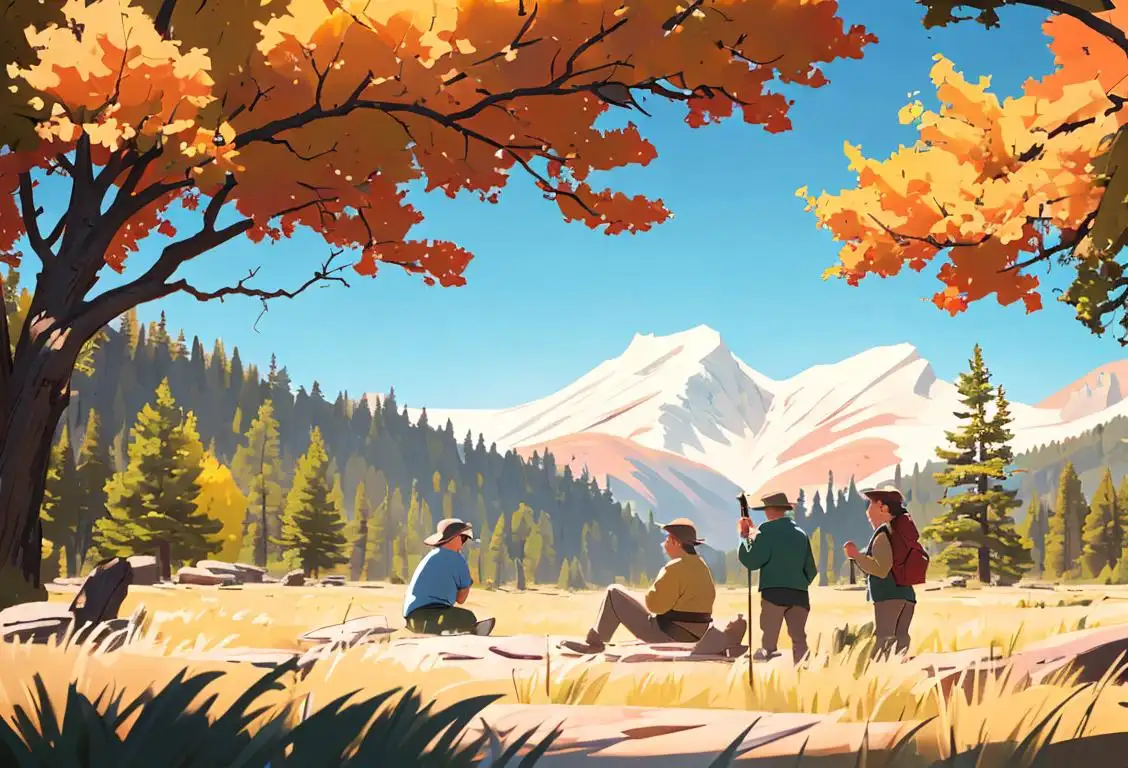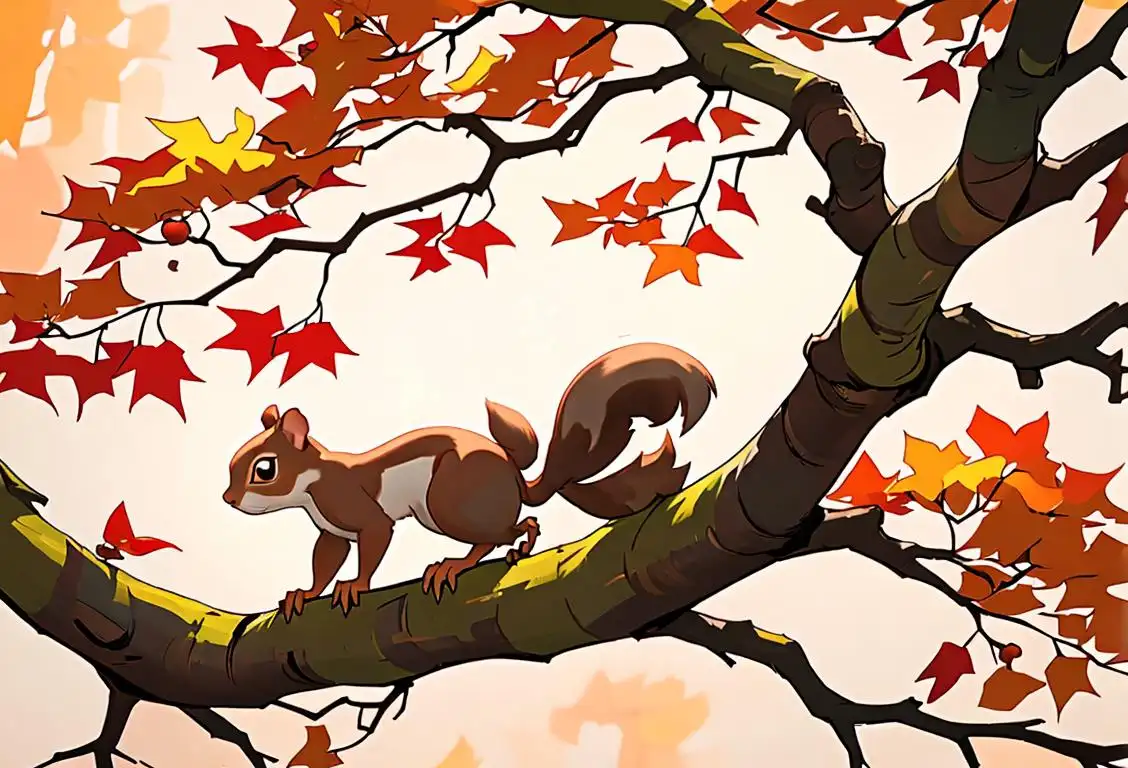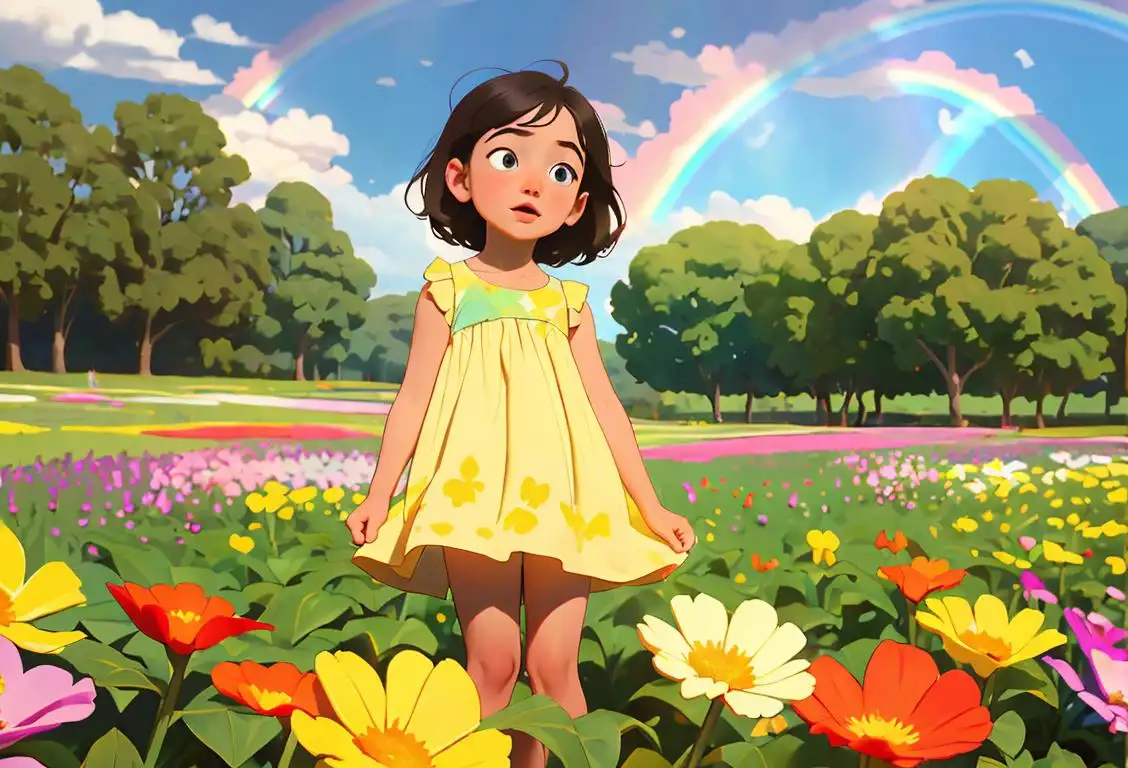National Nature Day
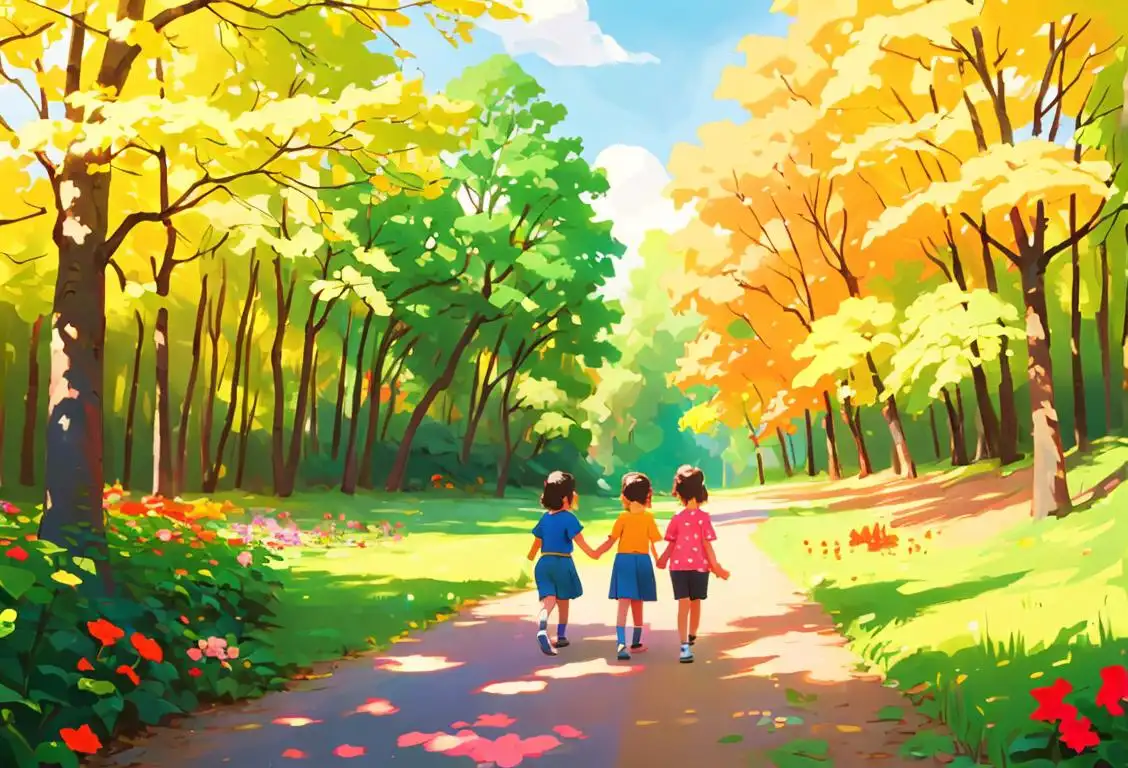
Welcome to National Nature Day, where we celebrate the awe-inspiring wonders of the great outdoors! It's a day to explore, appreciate, and protect the beauty of nature that surrounds us. So grab your hiking boots, binoculars, and a sense of adventure as we dive into the fascinating world of Mother Nature.
When is Nature Day?
It's national nature day on the 1st April.
The Origins of National Nature Day
National Nature Day emerged as a way to raise awareness about environmental conservation and promote a deeper connection with the natural world. With the increasing urbanization and detachment from nature, it's important to set aside a special day to remind ourselves of the incredible benefits that nature brings.
Whether it's the calming effect of a walk through a peaceful forest or the exhilaration of witnessing wildlife in its natural habitat, nature has a way of rejuvenating our souls and reminding us of our place in the grand scheme of things.
While the exact origins of National Nature Day are unknown, it has been embraced by nature enthusiasts across the globe. People celebrate in their own unique ways, from organizing community clean-ups to participating in outdoor activities that allow them to connect with nature on a personal level.
Ways to Celebrate
There are countless ways to celebrate National Nature Day and show your appreciation for the environment. Here are a few ideas to get your nature-loving gears turning:
- Plan a hiking trip to explore a local national park or nature reserve.
- Plant a garden or adopt a tree to contribute to urban greening efforts.
- Take up birdwatching or star gazing as a new hobby.
- Organize a neighborhood clean-up to remove litter from natural spaces.
- Visit a botanical garden or arboretum to marvel at the beauty of plants.
Did You Know?
Did you know that spending time in nature has numerous health benefits? Studies have shown that being in natural environments can lower blood pressure, reduce stress levels, and improve overall well-being. So, not only is nature beautiful, but it's also good for you!
History behind the term 'Nature'
14th century
Origins in Latin
The term 'nature' has its origins in the Latin word 'natura', which means 'birth' or 'essential qualities'. It was used in medieval Latin to refer to the inherent qualities that give something its character. 'Natura' was derived from the Latin word 'natus', meaning 'born', emphasizing the idea of something being innate or inherent.
16th century
Shift in Meaning
In the 16th century, the meaning of 'nature' expanded to encompass the natural world as a whole, including plants, animals, and the physical universe. This extension of meaning reflected a growing interest in observing and understanding the world around us. It marked a significant transition in the understanding of nature as not just the qualities of an individual, but also the sum total of everything in existence.
19th century
Romanticism and Nature
The 19th century saw the rise of Romanticism, an intellectual and artistic movement that placed great value on the emotional connection between humans and nature. Romantic writers and artists celebrated the beauty and power of nature, emphasizing its role in inspiring feelings of awe, reverence, and spirituality. This period marked a shift towards viewing nature as a source of inspiration and a means of escape from the industrialized world.
Late 20th century
Environmentalism and Conservation
The late 20th century brought increased awareness of environmental issues and the need for conservation. This led to the concept of nature taking on a deeper significance. It became associated with protecting natural resources, preserving biodiversity, and promoting sustainable practices. The term 'nature' now encompassed not only the physical world but also the importance of preserving it for future generations.
Did you know?
Did you know that spending time in nature has numerous health benefits? Studies have shown that being in natural environments can lower blood pressure, reduce stress levels, and improve overall well-being. So, not only is nature beautiful, but it's also good for you!Tagged
awareness fun natureFirst identified
8th December 2019Most mentioned on
1st April 2020Total mentions
18Other days
Penguin Day
Tree Planting Day
Arbor Day
Take A Walk In The Park Day
Turtle Day
Badger Day
Public Lands Day
Bat Appreciation Day
Squirrel Appreciation Day
Find A Rainbow Day

